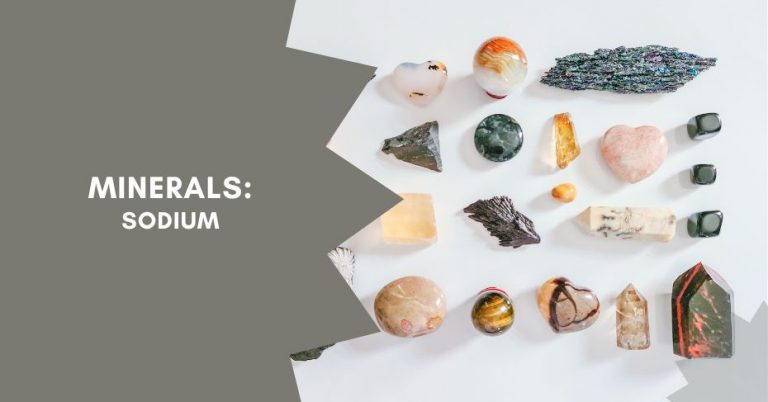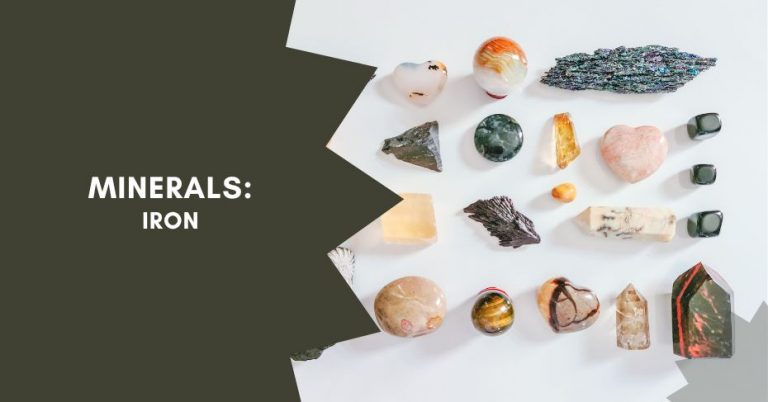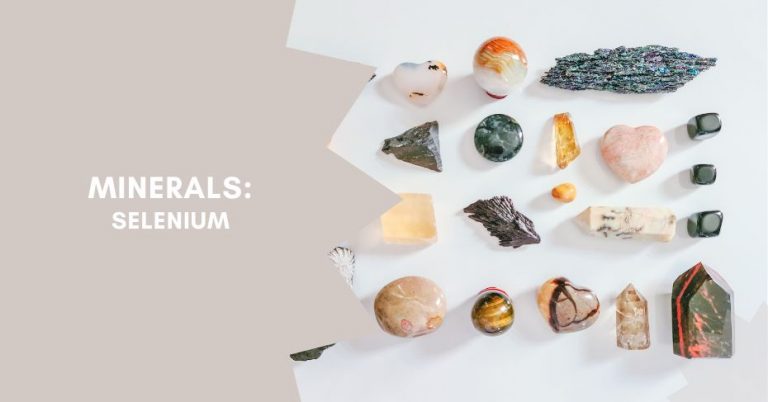Copper has been used by humans since the dawn of civilization and is still in use today. It is one of the most abundant elements in the world, and it plays an important role in many industries. But did you know that copper also has numerous health benefits? Let’s take a look at some of these benefits and how they can help improve your overall health and wellness.
Where Can You Find Copper?
Most of the copper we need comes from food sources. Seafood, nuts, seeds, whole grains, legumes, dark leafy greens, mushrooms, avocados, dried fruit, and cocoa powder are all excellent sources of natural copper. Additionally, drinking water can also provide some copper as it passes through metal pipes that contain traces of the mineral.
What Does Copper Do?
Copper plays an important role in maintaining a healthy body. It helps to regulate iron levels in blood cells by helping them absorb iron more efficiently. It also helps form connective tissue like collagen and elastin which keeps skin looking youthful and strong. Copper also helps create red blood cells which carry oxygen throughout the body. Additionally, copper is known to have anti-inflammatory properties which may help reduce inflammation caused by certain illnesses or conditions such as arthritis or asthma. Finally, copper is necessary for proper neurological function which means it’s important for brain health as well as overall mood regulation.
How Much Copper Do You Need?
The recommended daily intake for adults over 19 years old is 900 micrograms per day for women and 1 milligram per day for men over 19 years old according to the National Institutes of Health (NIH). However if you are pregnant or breastfeeding you should aim to get slightly more – 1 milligram per day for women and 1 milligram per day for men according to NIH guidelines.
Cardiovascular Health
Copper is essential for proper cardiovascular function, as it helps to maintain healthy blood vessels and regulates blood flow throughout the body. Studies have found that copper helps to reduce inflammation, which can lead to heart disease, stroke, or other heart-related issues. Copper also helps to regulate cholesterol levels and keep them within healthy ranges.
Immune System Support
Copper supports a strong immune system by helping to regulate the production of white blood cells, which are essential for fighting off diseases and infections. Studies have shown that copper intake can help reduce inflammation in the body, which can result in better overall health. Additionally, copper helps your body absorb iron more efficiently, which aids in red blood cell production and oxygen distribution throughout your body.
Bone Strength
It has long been known that calcium is essential for strong bones; however, many people don’t realize that copper plays an important role as well. Copper assists your body with absorbing calcium more efficiently so that it can be used to build stronger bones and teeth. Copper also helps your body produce collagen, which is a key component of bone structure and strength.
Essential for Cellular Functioning
Copper is an essential trace element that helps support cellular functioning by playing a vital role in the production of energy within cells. In addition, it helps form connective tissue and enzymes, which are important for both physical and mental health. This makes copper an essential mineral for the body’s overall functioning.
Supports Healthy Immune System
Copper plays an important role in maintaining a healthy immune system. It helps produce white blood cells that fight off infection and disease, as well as antioxidants that help protect against free radical damage. Copper can also help reduce inflammation throughout the body, which can lead to improved immunity and better overall health.
Promotes Healthy Skin
The presence of copper can also help promote healthy skin by aiding in the production of collagen and elastin fibers that help keep skin looking youthful and vibrant. Copper also helps improve circulation which can result in improved skin tone, elasticity, and texture. Furthermore, copper can be beneficial for healing wounds faster when applied topically in conjunction with other treatments such as antibiotics or ointments.
Bottom Line
Overall incorporating copper into your diet is a great way to ensure good overall health and wellness! Whether it’s through food sources such as seafood or nuts or through drinking water that has passed through metal pipes containing traces of copper – adding this essential mineral into your daily routine can yield numerous benefits including stronger bones & connective tissue; healthier red blood cells; improved mood; reduced inflammation; better absorption & regulation of iron levels; and better neurological function! So be sure to add some extra servings of these foods rich in copper into your meals!





